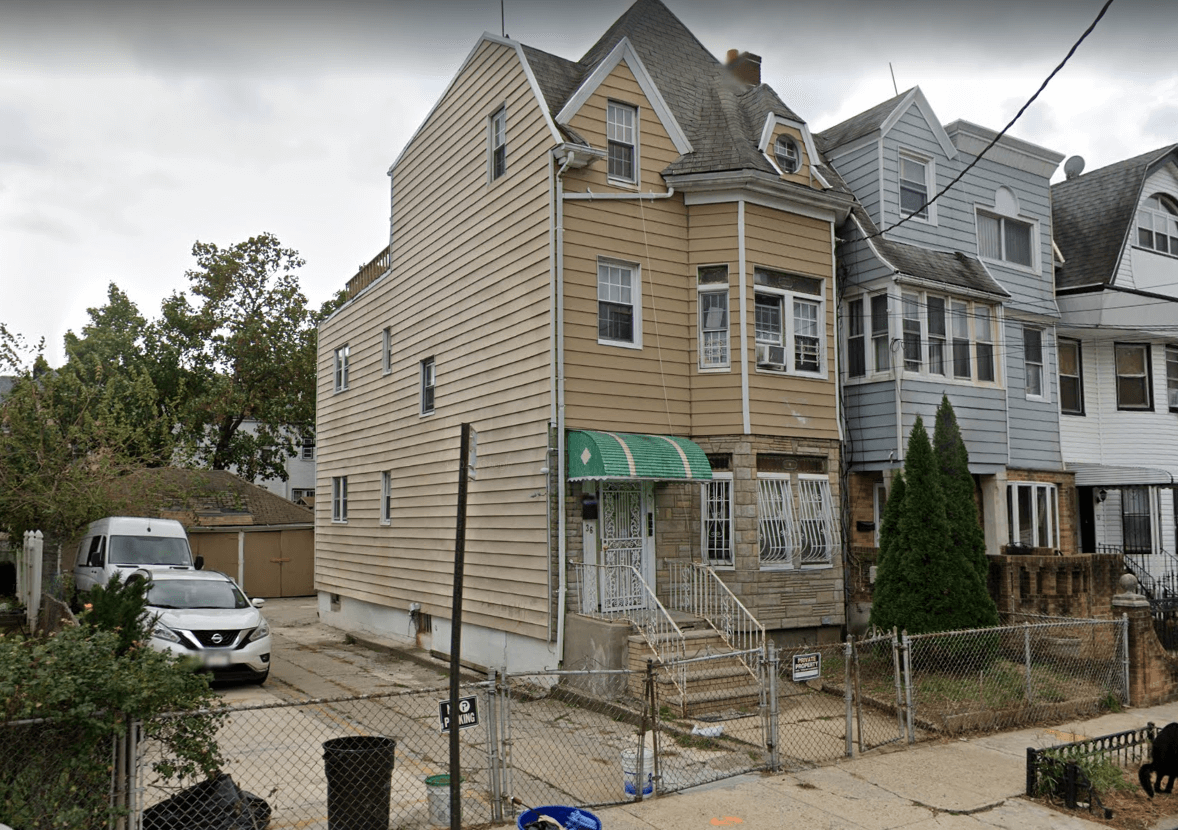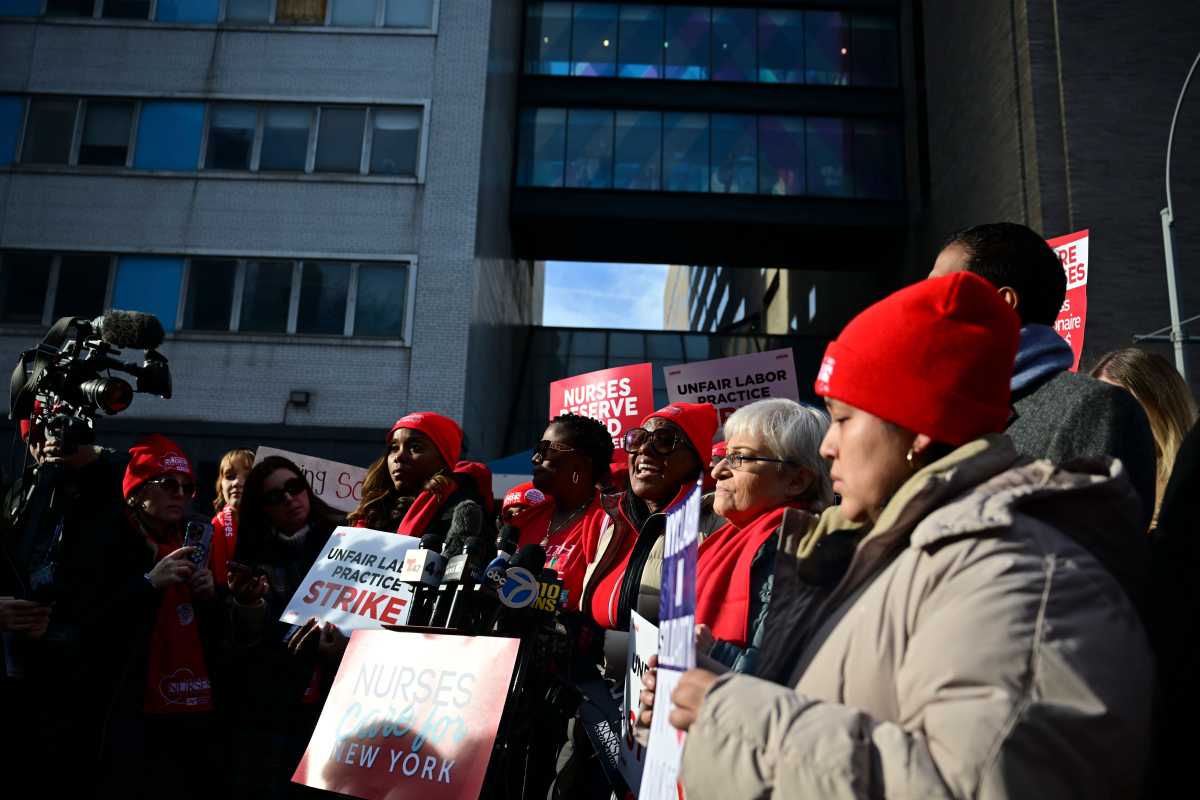A Brooklyn man is facing burglary and grand larceny charges over an attempt to steal a Flatlands house he once lived in, using an underhanded strategy of deed theft that has left many others across the borough devoid of their dwellings.
James Effiwatt, 64, was arraigned Tuesday in Brooklyn Supreme Court on an indictment alleging he transferred the deed to 36 Hubbard Place — a three-story, two-unit abode where he once lived — to a trust under his control, despite being unable to claim legitimate ownership over the property, which is assessed at a value of $759,000, according to prosecutors.
“This defendant allegedly filed a fake deed in an unlawful attempt to take ownership of his landlord’s property,” said Brooklyn District Attorney Eric Gonzalez in a statement. “Title theft is a serious crime that deprives hard-working people of the single most important asset any American can hope to own. As real estate values continue to rise dramatically in Brooklyn, I remain committed to protecting homeowners across the borough from fraudsters who would steal their security and investment in the future.”
The wannabe house-pilferer moved into the building’s attic in 2017, but soon stopped paying rent and was eventually ordered to vacate from the premises by the city, which claimed the attic was unsafe for residential use. Effiwatt ignored that order, but was finally evicted in 2019 when the Department of Housing Preservation and Development arrived on-site and boarded up the attic. Effiwatt showed up again a few months later and attempted to intimidate the building’s other tenants, but otherwise went AWOL for a year.
In March 2021, Effiwatt came back to Hubbard Place, this time changing all of the building’s locks, destroying surveillance cameras, and removing some of the other tenants’ belongings, according to court filings by the building’s legitimate owner, Shifra Salamon. He went on to tell the tenants that he was the building’s new owner and that rent should henceforth be paid to him; he handed out keys for the new locks and notified Con Edison that he was the new owner.
When Salamon called the cops, she said, Effiwatt produced a document purporting to show that the LLC registered as the building’s owner, Hubbard Estates LLC, had transferred the deed to the “Ayonkladd Trust,” which is controlled by Effiwatt. The deed is a forgery and the trust is a phony, Salamon said in an affidavit, but the purloiner successfully conned the NYPD into believing he was the proprietor, and the police refused to remove him from the site.
The huckster subsequently returned to the attic and resumed squatting there. Meanwhile, the other tenants subsequently stopped paying rent owing to confusion over who to make out their checks to, Salamon claims, and Effiwatt has allegedly been trying to sell the house for a cool six-figure payday.
Salamon, through Hubbard Estates LLC, filed a civil lawsuit against Effiwatt in March of this year; litigation is ongoing.
Effiwatt, who is representing himself in the matter, says that the property is his because Salamon defaulted on debt to him, and produced an array of documents with city and state entities purported to prove his legitimate ownership of 36 Hubbard. Salamon says the debt and the documents are all bogus, claims to which the Brooklyn DA agrees.
Effiwatt could face up to 15 years in prison if convicted. He is being held on $25,000 bond or $10,000 cash bail, and is due back in court on Feb. 15.
Deed theft remains a stubborn problem in Brooklyn, especially in Black neighborhoods undergoing gentrification; residents in brownstones and other homes that have seen massive upswings in value in recent years are frequently targeted by unscrupulous scammers who underhandedly trick them into selling their house for a fraction of their real value, after which the new owners flip them for what they’re worth on the market and walk away with a massive profit.
The city recorded 3,000 deed fraud complaints between 2014 and 2019, with a little under half of the claims originating in Brooklyn. Mayor Eric Adams, formerly Brooklyn Borough President, has referred to the practice as a massive “transfer of wealth” out of communities of color.

























